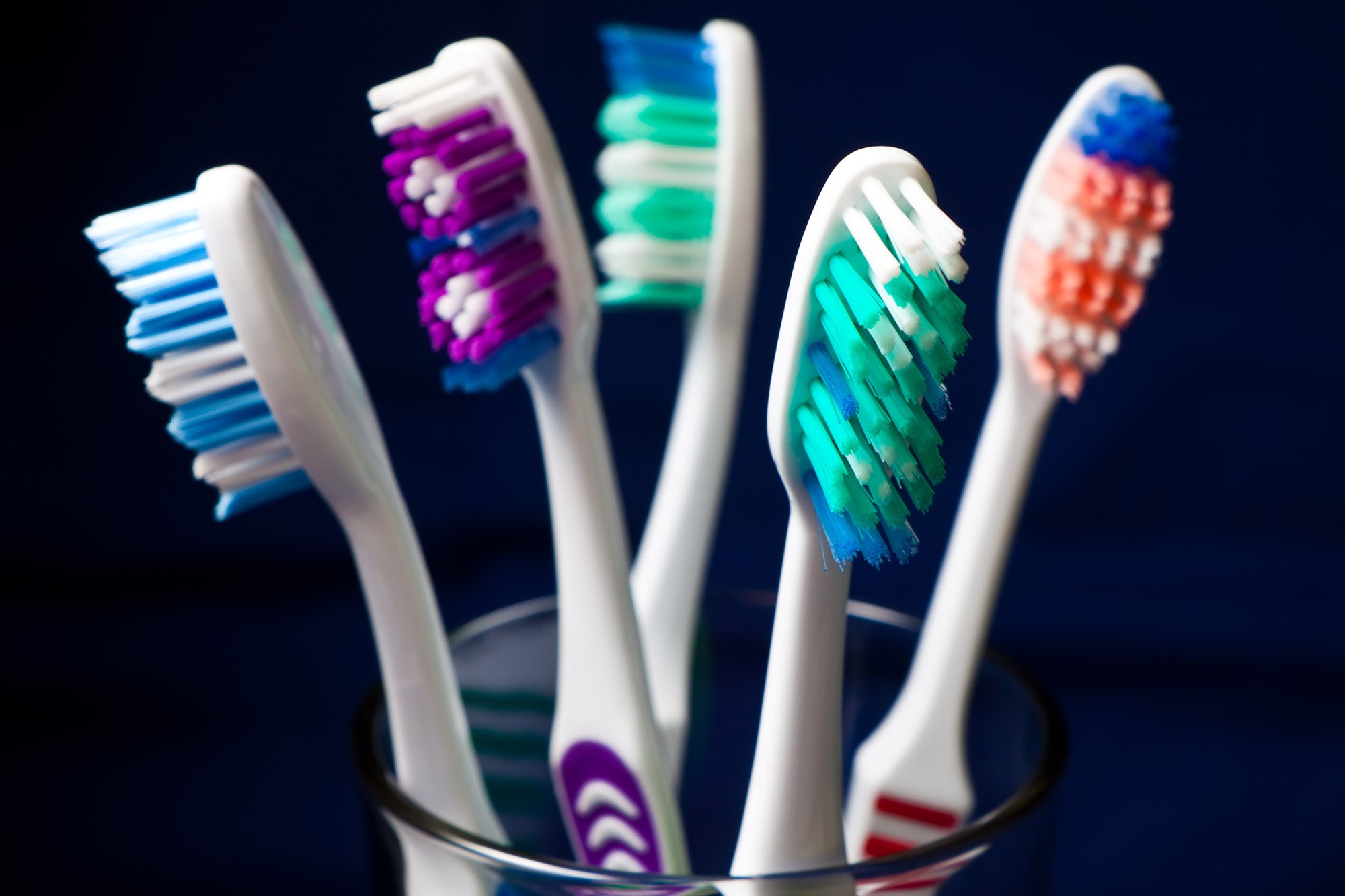 BPA is a chemical that is widely used to harden plastics of any form and would remain firm for more than 40 years. They are pretty much in very corner, you'll find them everywhere, they are on your gadgets, school supplies, kitchen Utensils, bottled water and many more. It was in 1936 when BPA was first discovered to have estrogenic activity as a synthetic and it dates back in the early 1950s when it was used to form polycarbonate plastic and resins. But through the years a number of concerns about its negative side is growing rapidly, its effect is seen mainly on animals more so on human beings.
BPA is a chemical that is widely used to harden plastics of any form and would remain firm for more than 40 years. They are pretty much in very corner, you'll find them everywhere, they are on your gadgets, school supplies, kitchen Utensils, bottled water and many more. It was in 1936 when BPA was first discovered to have estrogenic activity as a synthetic and it dates back in the early 1950s when it was used to form polycarbonate plastic and resins. But through the years a number of concerns about its negative side is growing rapidly, its effect is seen mainly on animals more so on human beings.
A very thorough Studies placing a standardized toxicity tests have concluded the safety of a low levels of BPA exposure on human. But in whatever manner, the basis of results on a new studies using contemporary methods to test for cunning effects, agencies like the National Toxicology Program at the National Institutes of Health and FDA are skeptical about the potential effects of safety of BPA on the brain, behavior, and even the prostate gland. The collaborative effort of the National Toxicology Program, FDA’s National Center for Toxicological Research is stablishing a more in-depth studies about the risks of BPA.
1. BPA stimulates growth of breast cancer cells, diminishes effect of treatment
Bisphenol A (BPA), a chemical commonly used in plastics, appears to increase the proliferation of breast cancer cells, according to Duke Medicine researchers presenting at an annual meeting of endocrine scientists.
The researchers found that the chemical, at levels typically found in human blood, could also affect growth of an aggressive hormone-independent subtype of breast cancer cells called inflammatory breast cancer and diminish the effectiveness of treatments for the disease.
“We set out to determine whether routine exposures to common chemicals such as those in plastics, pesticides and insecticides could influence the effectiveness of breast cancer treatments,” said corresponding author Gayathri Devi, Ph.D., associate professor of surgery at Duke. “BPA was one of the top chemicals to show growth stimulatory effects in breast cancer cells.”
Devi and colleagues reported their findings in a featured abstract at the annual joint meeting of the …
Aside from labeling some product to be recognize BPA free materials, the public in general should avoid plastic products that have no label at all. Health should come first. Staying away from these products could save you from a possible threat of major diseases.
Don’t forget to read the rest of the article at: Naturalblaze.com





Leave a Reply